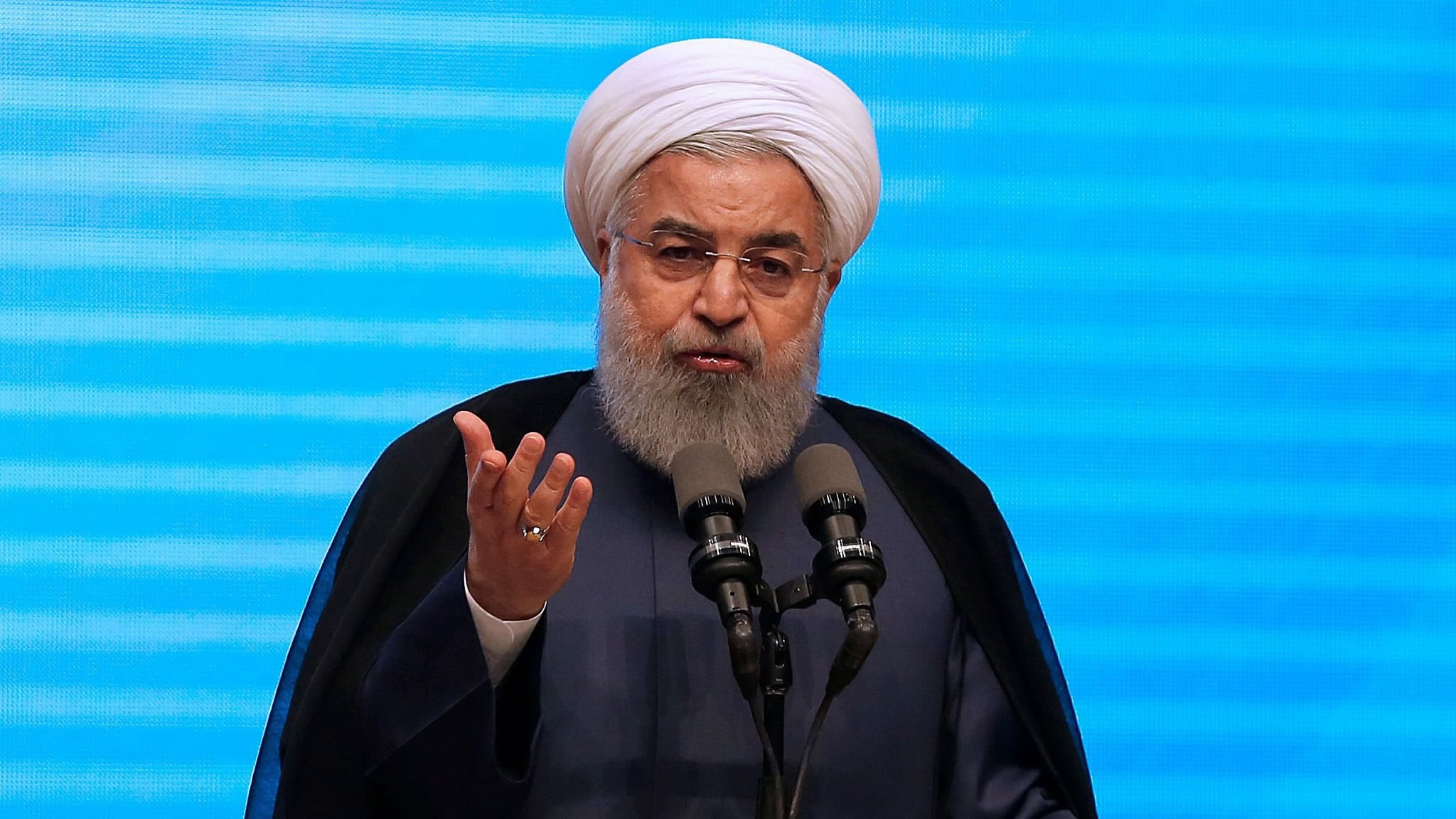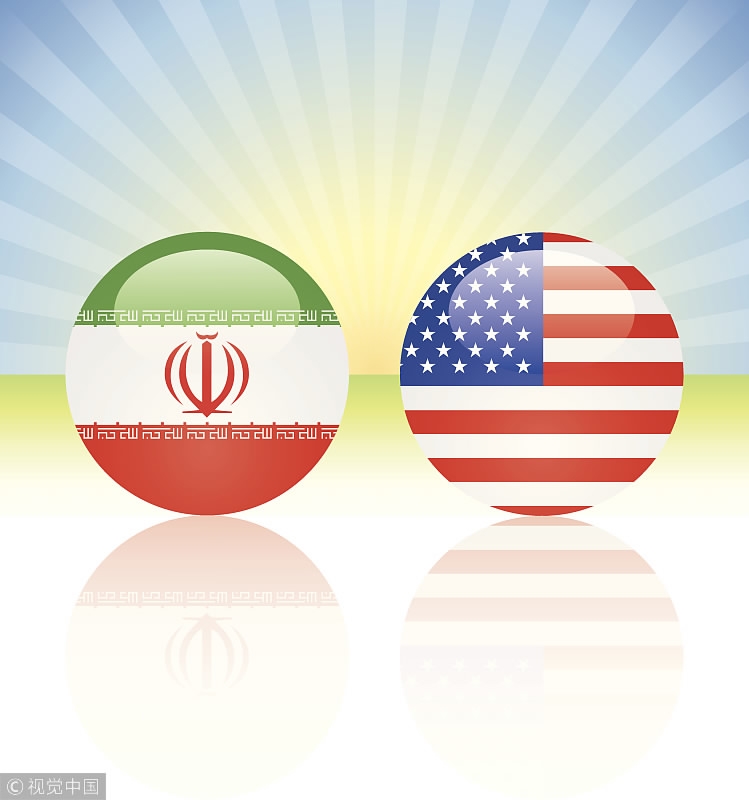
Opinions
16:56, 08-May-2018
Opinion: Iranian president facing mountainous pressure
Guest commentary by Wang Jin

One year after his re-election in 2017 as president of Iran, Hassan Rouhani is now facing tremendous pressure, both at home and abroad.
On the one hand, Rouhani has to face criticism from Iranian conservatives controlling the religious and military power centers, and on the other, Rouhani is being blamed for the failure of the Iranian nuclear deal against accusations that Rouhani and his administration is blamed for making too many concessions.
Five years after his first presidential win in 2013, it is evident that Rouhani is finding it more difficult than ever to fulfill his promises to improve Iran's economic situation, expand political liberty and freedom at home, as well as lift economic sanctions imposed by Washington to create a better environment to attract more foreign investment into Iran.
In the economic field, Rouhani’s ambition of attracting large amounts of foreign investment following the nuclear agreement has yet to be materialized.
Two years after the nuclear deal was signed, the Iranian economy has seen some improvement, but structural economic problems and obstacles still remain.

Apr. 15, 2011: An Iranian national flag flutters during the opening ceremony of the 16th International Oil, Gas & Petrochemical Exhibition (IOGPE) in Tehran./ VCG Photo
Apr. 15, 2011: An Iranian national flag flutters during the opening ceremony of the 16th International Oil, Gas & Petrochemical Exhibition (IOGPE) in Tehran./ VCG Photo
Meanwhile, the possibility of US sanctions being reinstated has given Western companies reason to hesitate in renewing business relations with Iran and continues to pose a series of acute challenges to the Iran's economic recovery.
Meanwhile, criticism of Rouhani has also come from his own supporters, who fear that the failure of Rouhani’s economic and social policies might strengthen the influence of hardliners, or pave the way for a new wave of popular anti-government demonstrations like the ones that occurred at the end of last year.
Hardliner Mahmoud Ahmadinejad was able to assume the presidency in the summer of 2005 after the poor appearance of Iranian president and reformer Seyyed Mohammad Khatami. Some Iranians worry that another “Ahmadinejad” might rise to power after Rouhani.
Meanwhile, Rouhani is under tremendous diplomatic pressure from Washington. International circumstances and the possible withdrawal by the United States from the nuclear agreement also pose a major challenge to Rouhani, for whom the nuclear deal is a very important political asset.
Trump and his associates are likely to quit the Iranian deal signed in 2015 with the excuse that Iran had “violated the spirit” of the deal.
With pressure from hardliners at home, the Rouhani administration insists that it will not include its missile research and regional "expansion" into any nuclear negotiation mediated by the European states, making it hard to rectify the existing nuclear deal.

Iranian and US Flag./ VCG Photo
Iranian and US Flag./ VCG Photo
Rouhani even declared that Iran’s response to the US will “be stronger than what they imagine,” if Washington decides to withdraw from the nuclear deal. The harsh sentiments suggest more severe international consequences for Iran.
Washington’s decision to withdraw from the deal and the possible subsequent economic sanctions might further worsen Iran's economic environment, and will aggravate the social and political unrest inside Iran.
It will make it more and more difficult for Rouhani to enlist public support and attract international investment.
Thus, the mounting challenges facing the president threatens not only his ability to fulfill his promises, but also his political future.
(Wang Jin is a PhD Candidate at School of Political Science of University Haifa, and a research fellow in Syria Research Center of Northwest University. The article reflects the author's opinion, and not necessarily the views of CGTN. )

SITEMAP
Copyright © 2018 CGTN. Beijing ICP prepared NO.16065310-3
Copyright © 2018 CGTN. Beijing ICP prepared NO.16065310-3